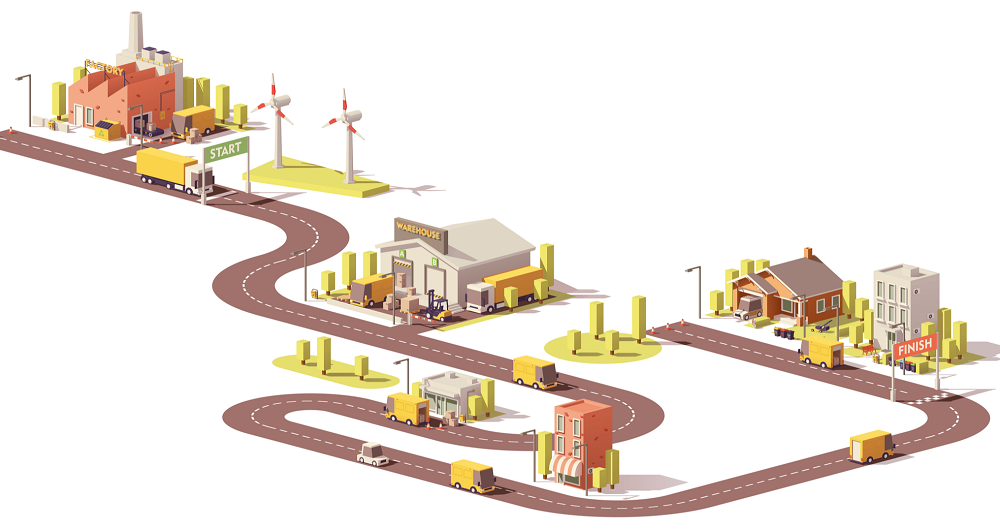
October 28, 2020 – Supply chains for pharmaceuticals may become less global as a result of the pandemic, experts told CNBC.
Drug supply chains are often global, with China being the largest supplier of active pharmaceutical ingredients around the world. Meanwhile, India provides around 40% to 50% of all generic drugs in the U.S., according to B&K Securities analyst Rohit Bhat.
At the start of the pandemic some experts warned of a temporary drug shortage in the U.S.
Martin Meeson, CEO of Fujifilm Diosynth Biotechnologies, in a recent appearance on CNBC, emphasized the need for collaboration between parties involved in the production of drugs, such as universities “doing the discovery work” and manufacturers who can produce medicine at scale.
“I think there might be a slightly more local focus as we move forward, maybe just a little bit of a lengthening of some those supply chains, but I think that the whole of the sector has worked really well to make sure that those medicines are continuing to flow to the people and the patients that need them,” Meeson said.
“I know that many of the countries are making sure that they’ve got their own … local manufacturing and technical capabilities online; we’re working very closely with the governments across the world to be in a position to support that as we go forward.”
In August, the U.K. government signed a deal with Novavax to buy 60 million doses of a potential COVID vaccine, known as NVX-CoV2373, which is currently undergoing clinical trials. Fujifilm Diosynth Biotechnologies is working with Novavax to manufacture the vaccine.
The U.S. government agreed to pay Novavax $1.6 billion to develop and manufacture the vaccine in July, as part of its Operation Warp Speed initiative.
